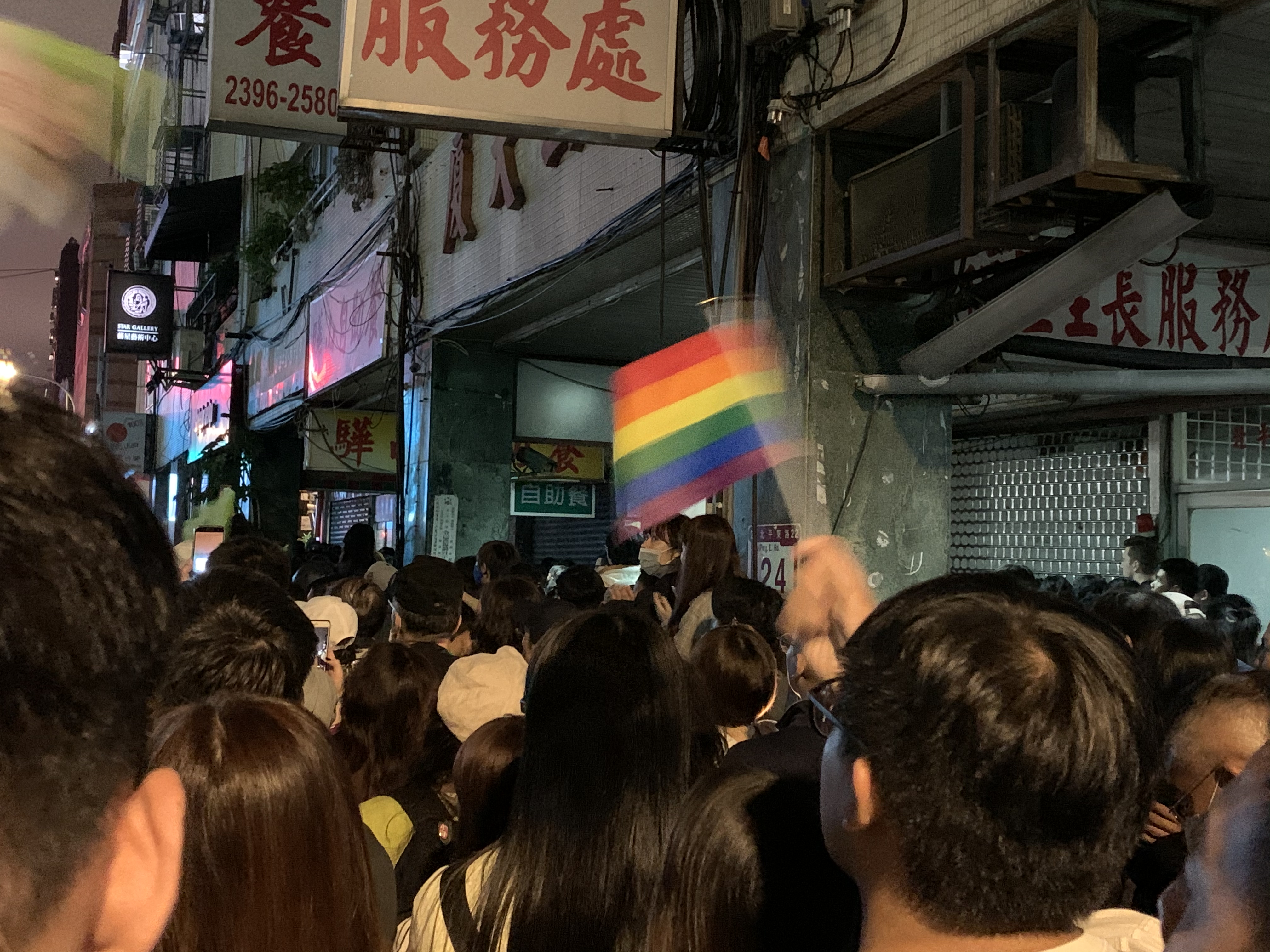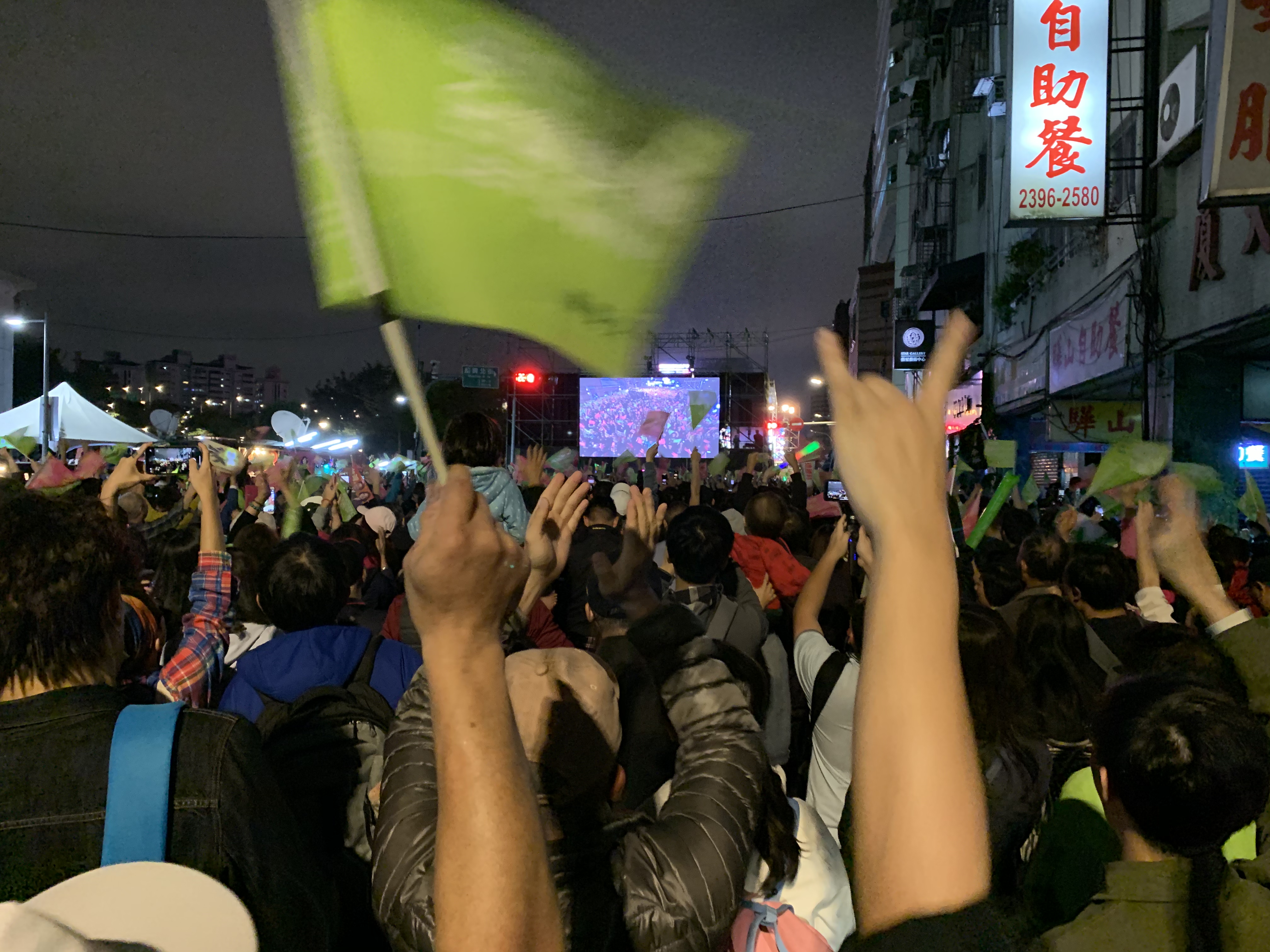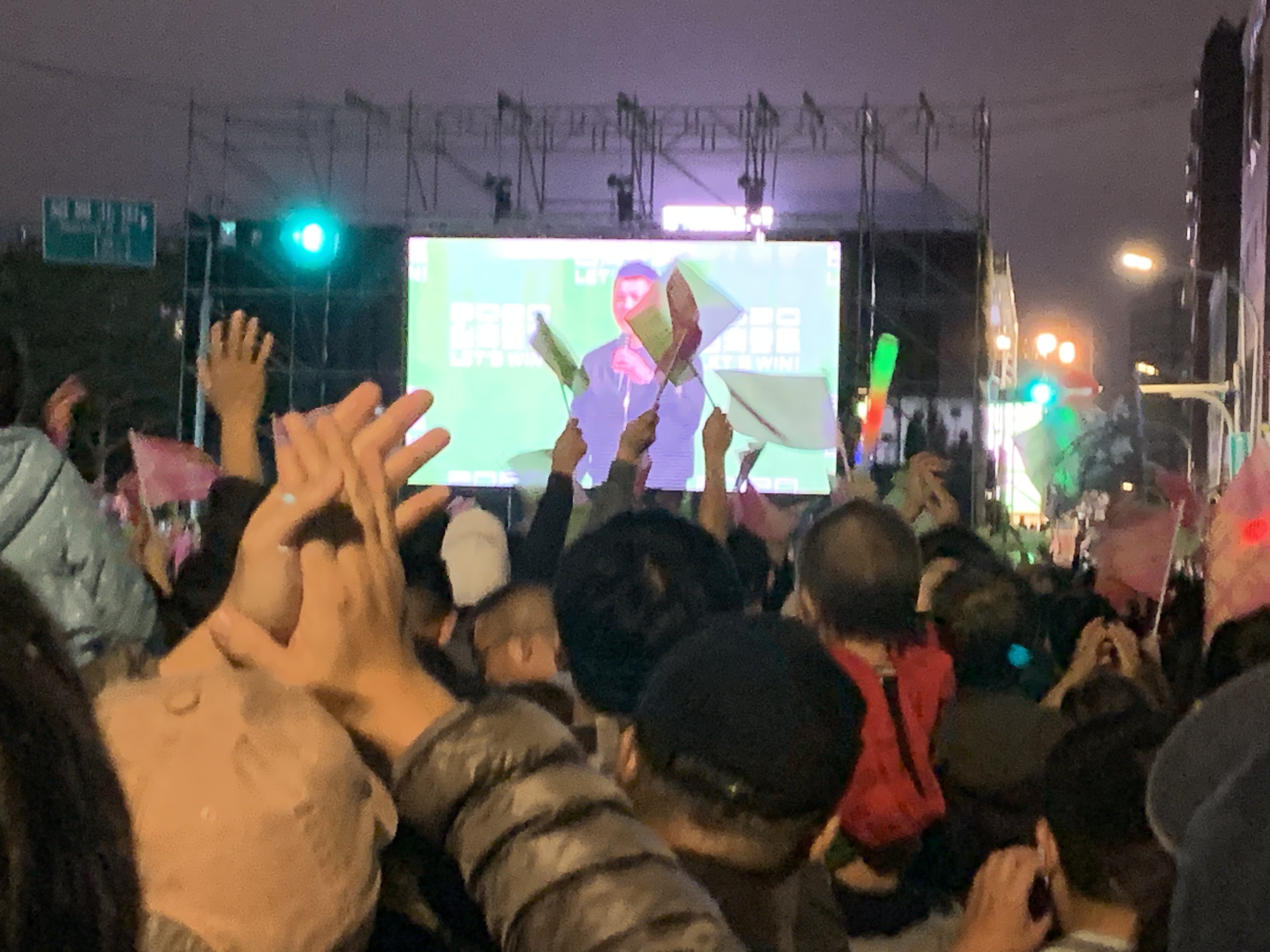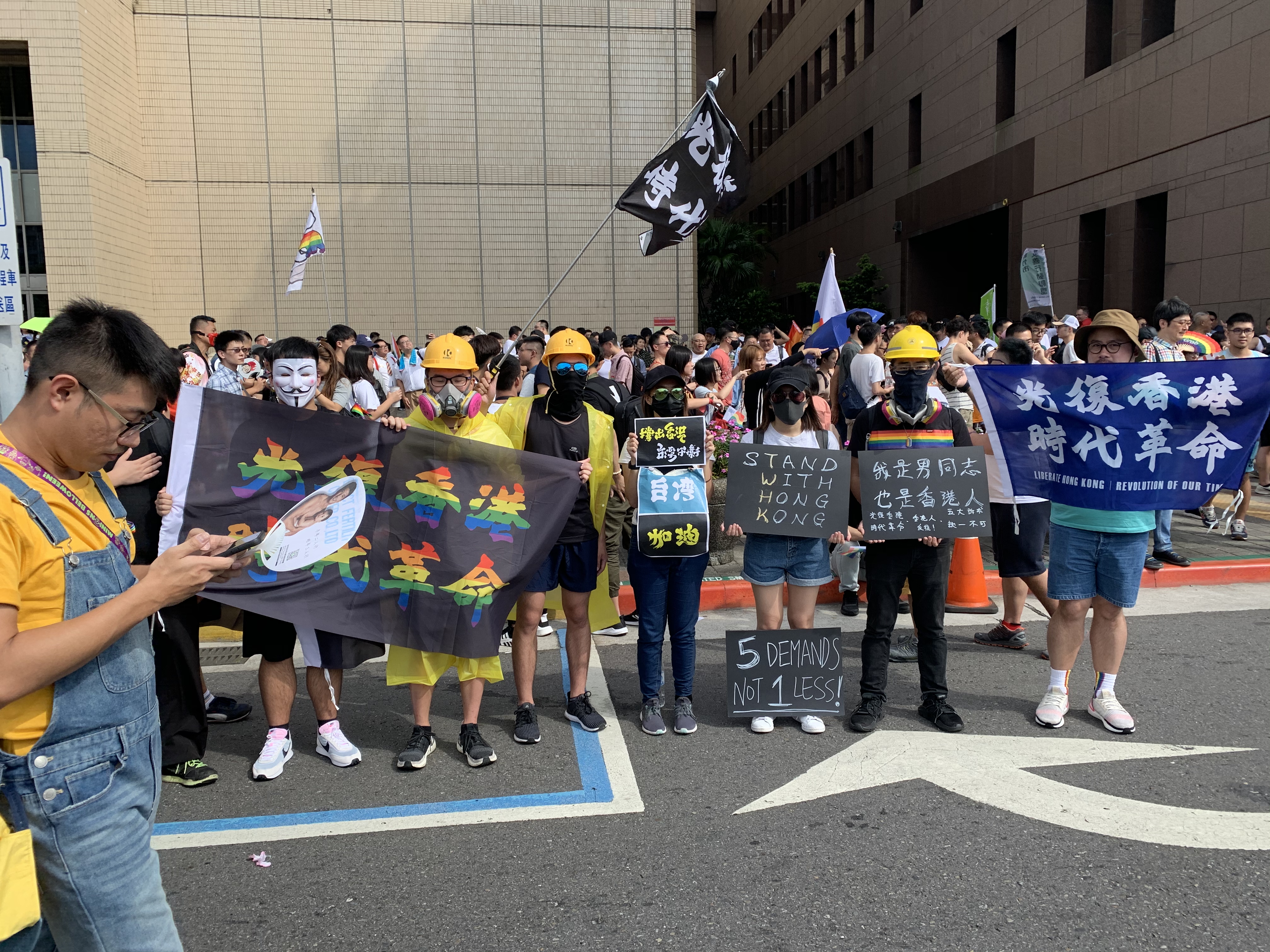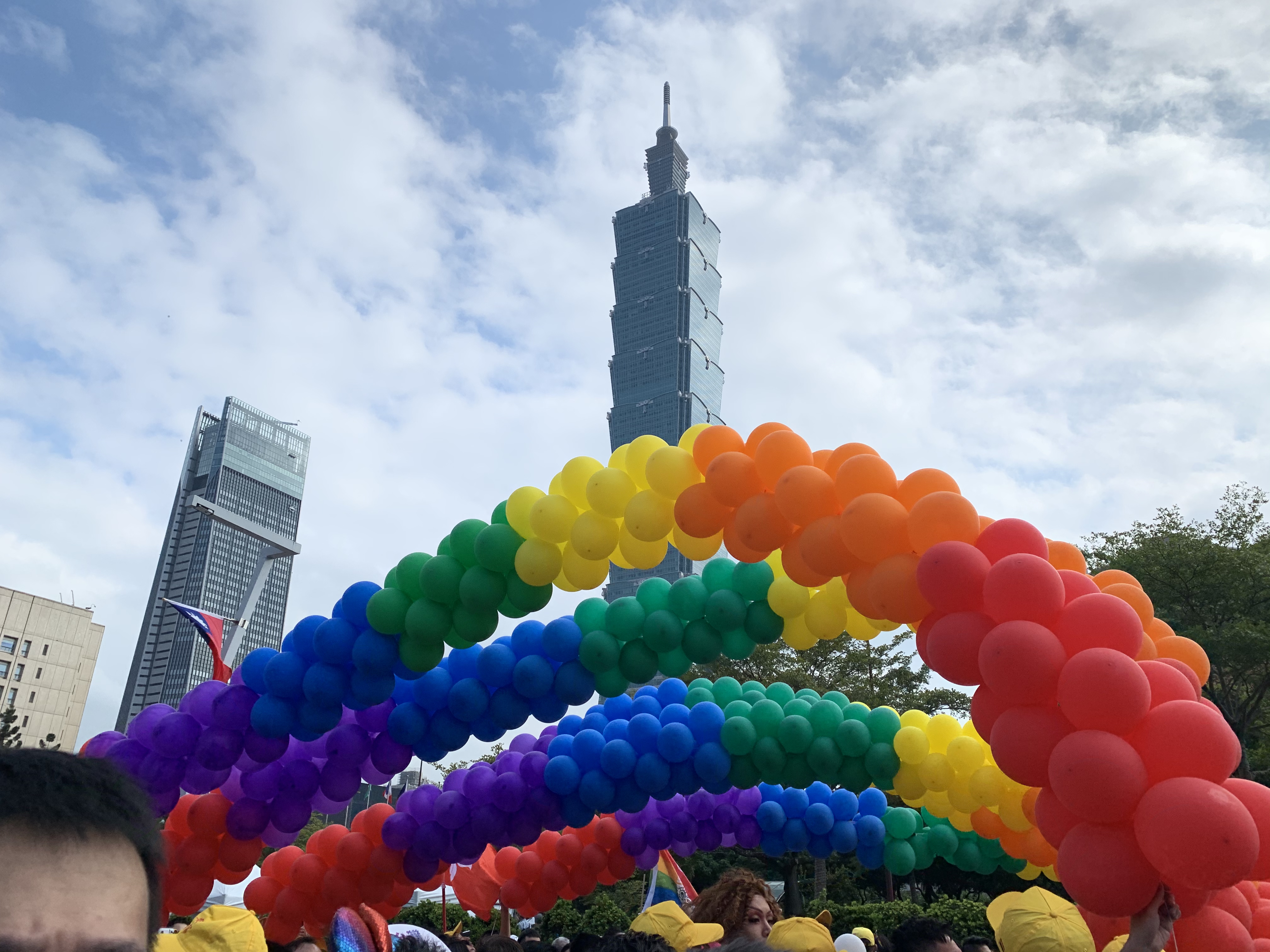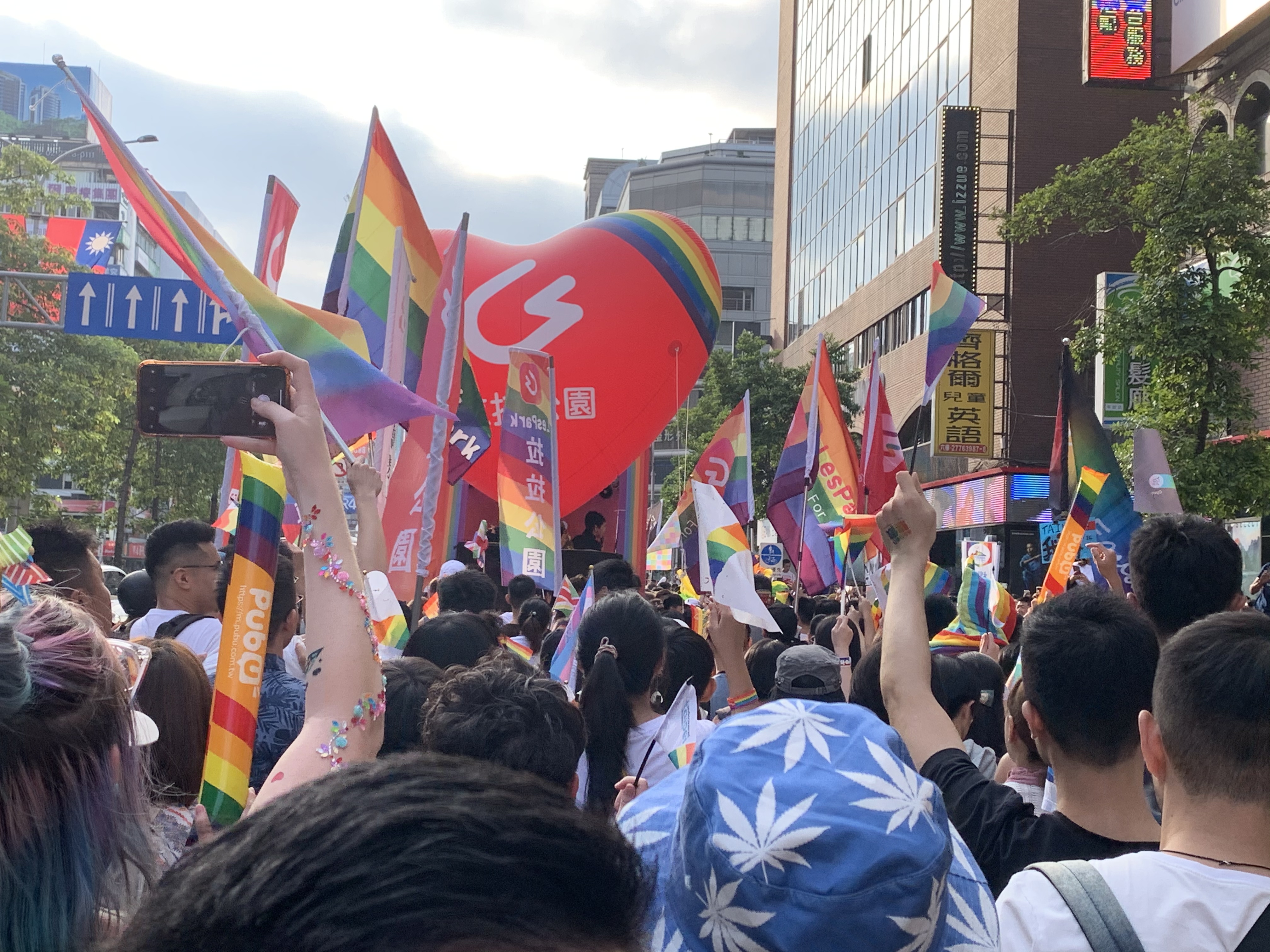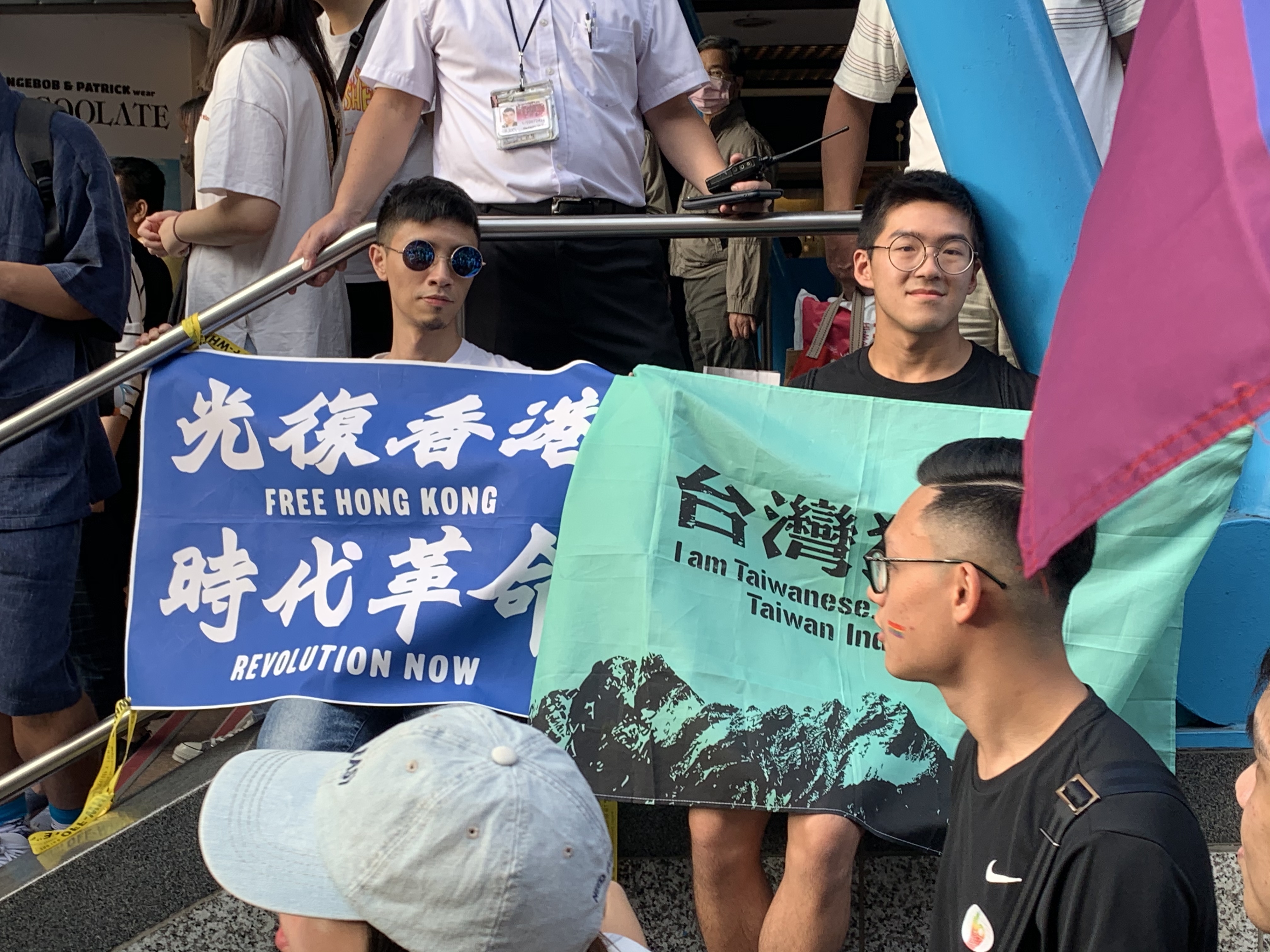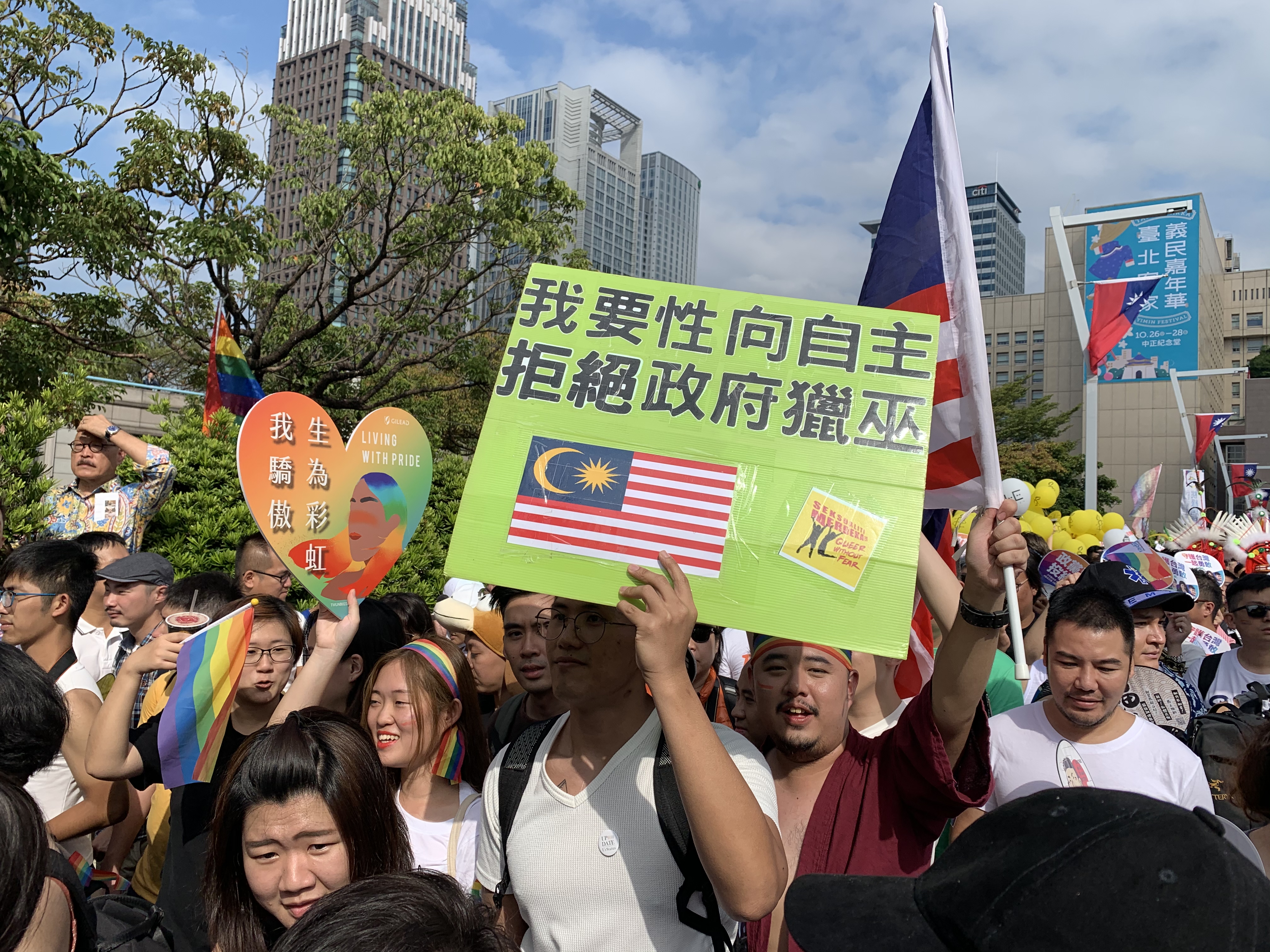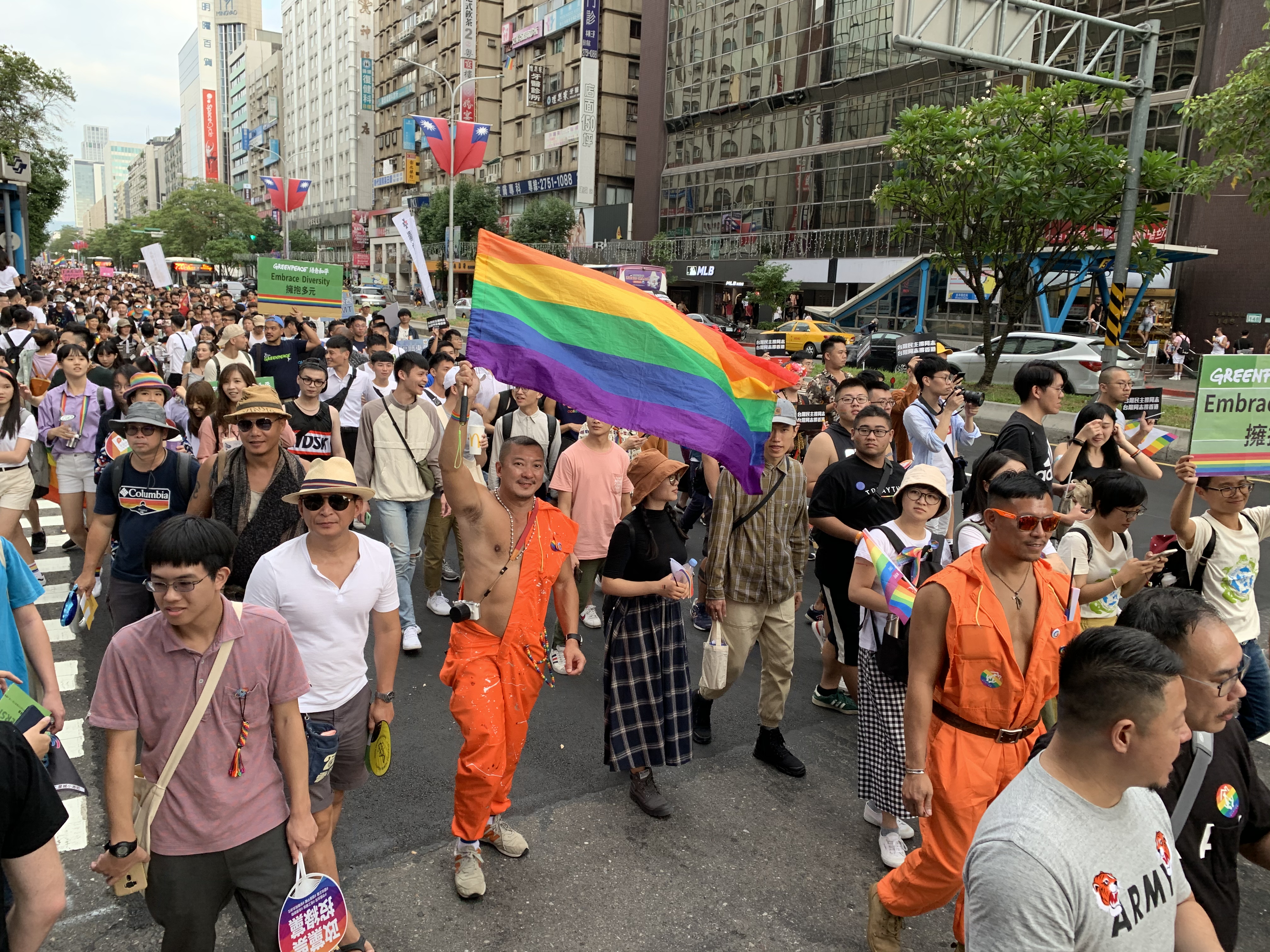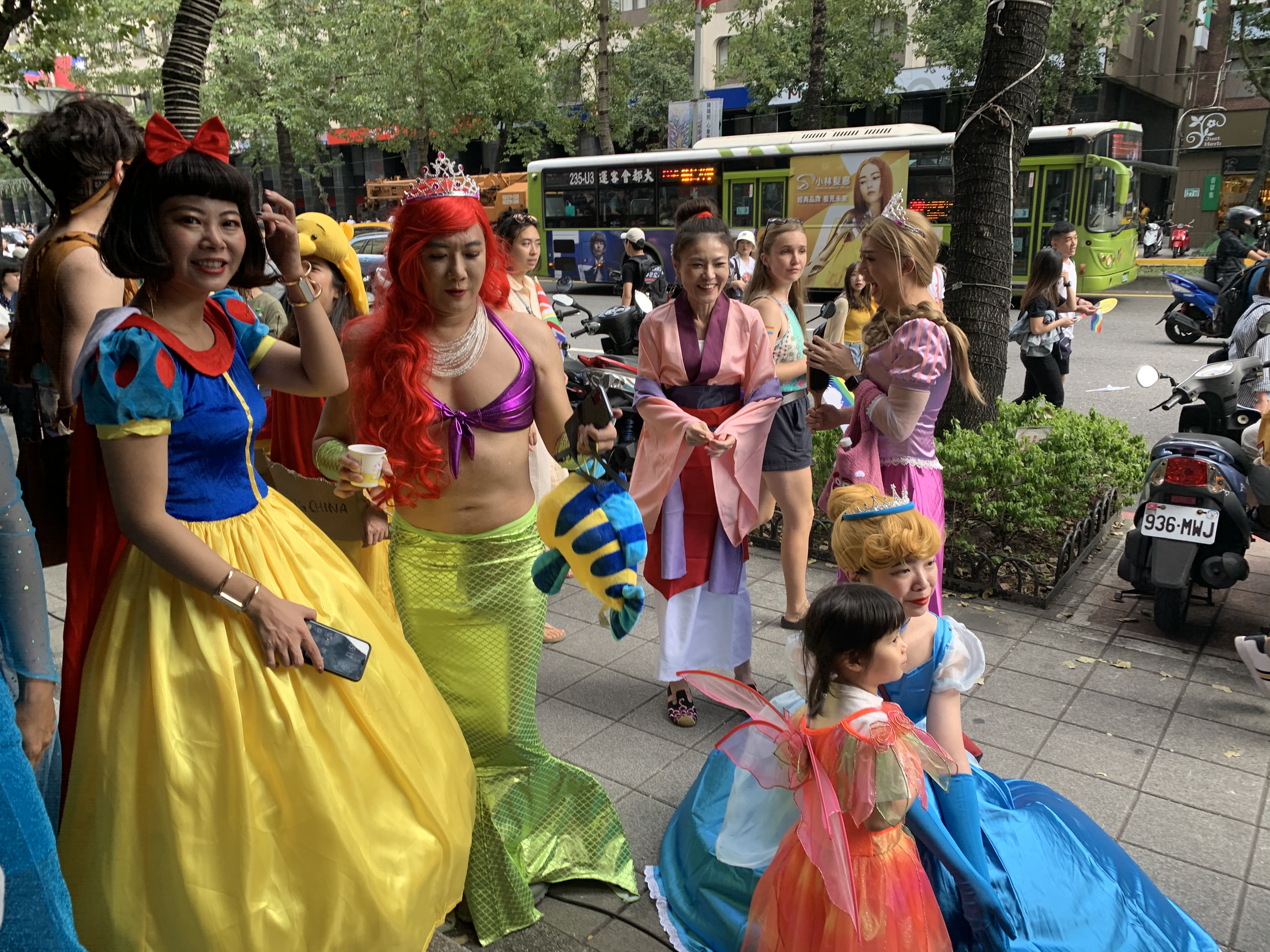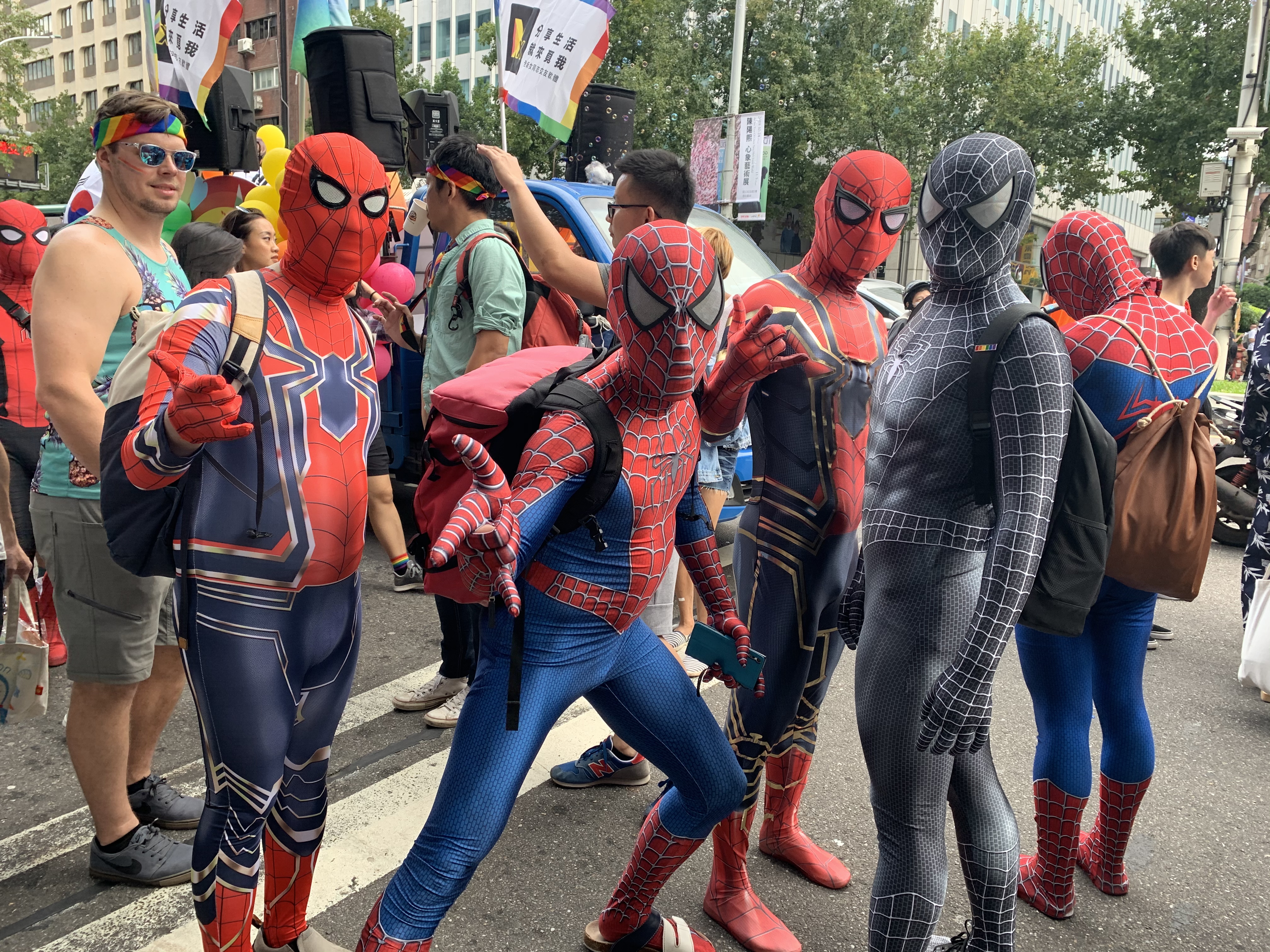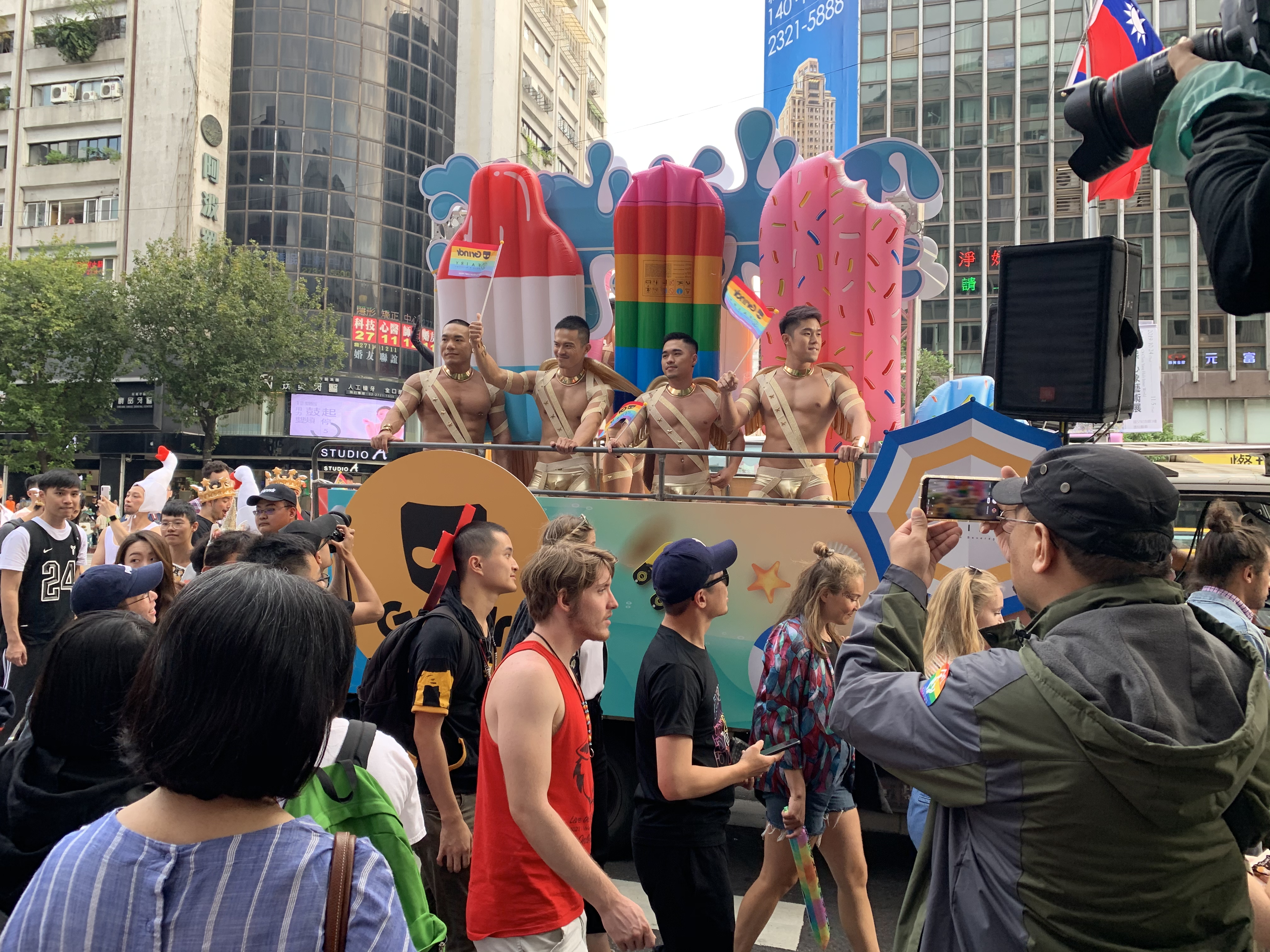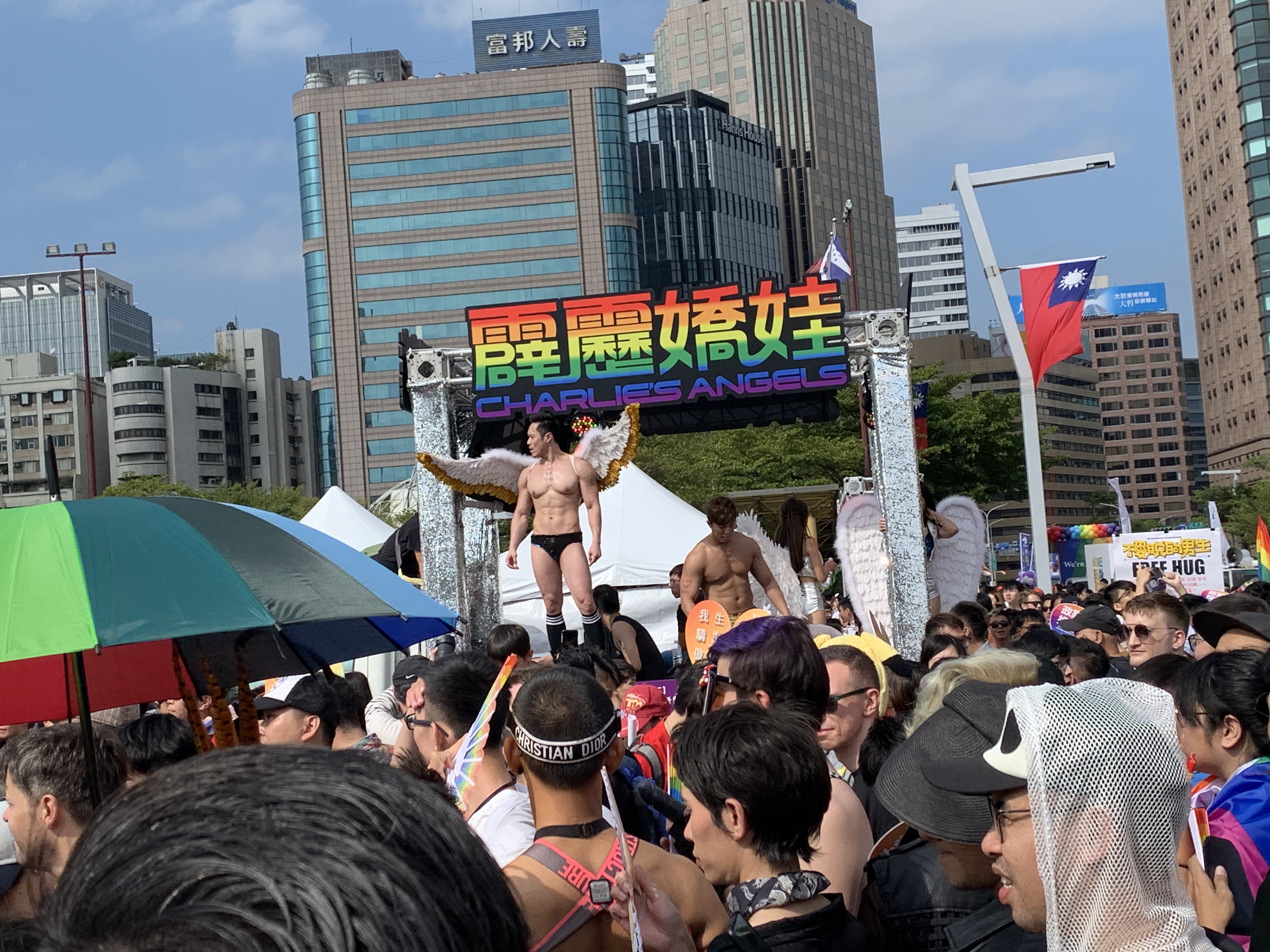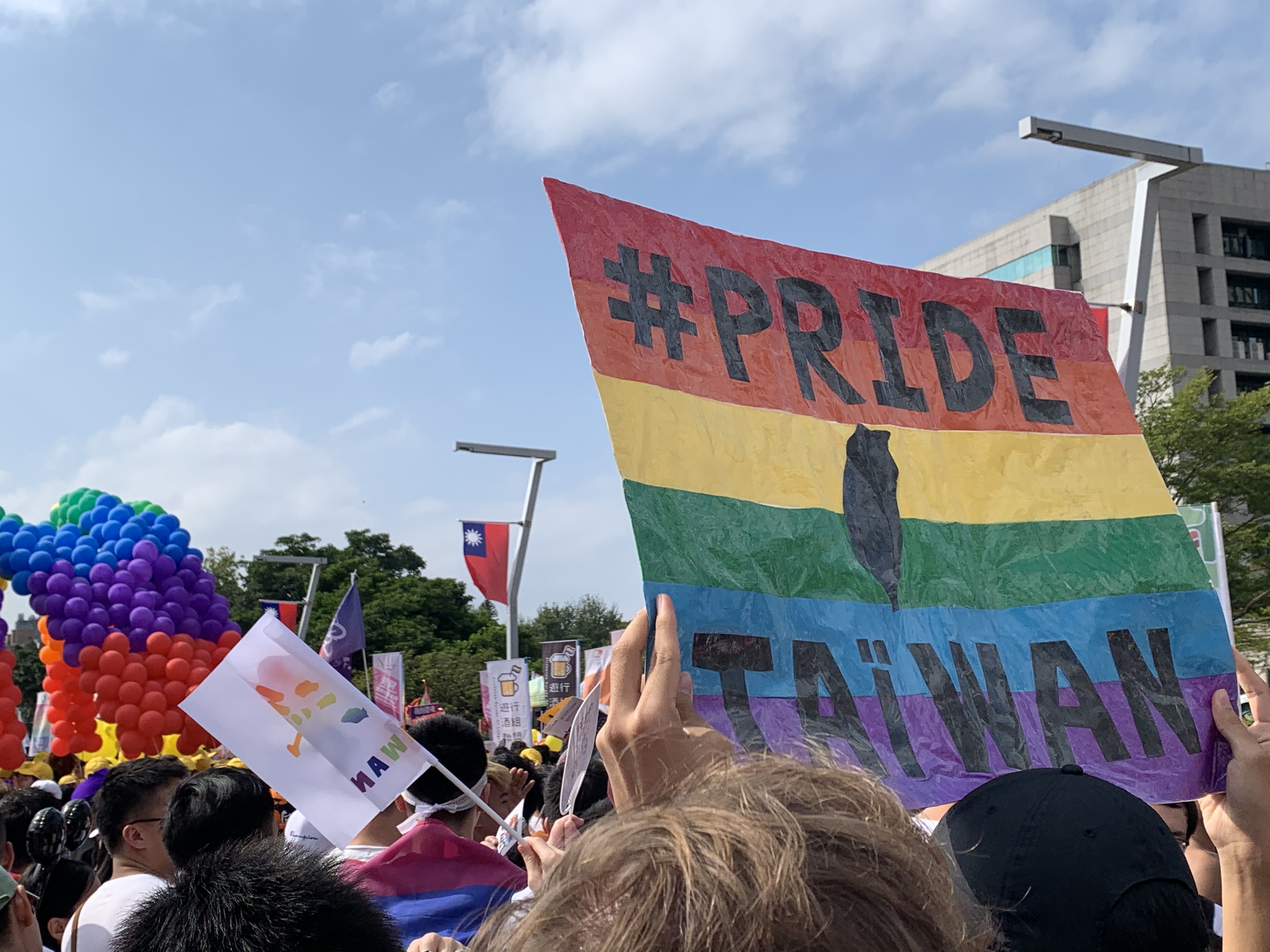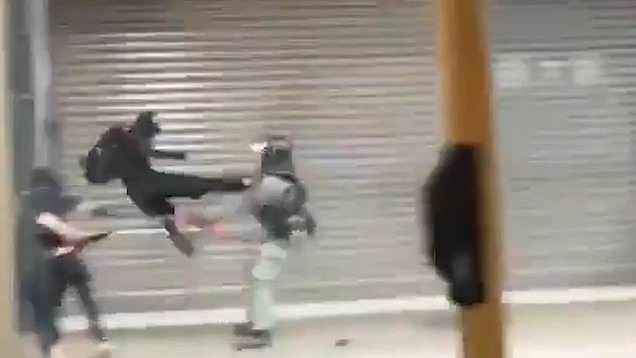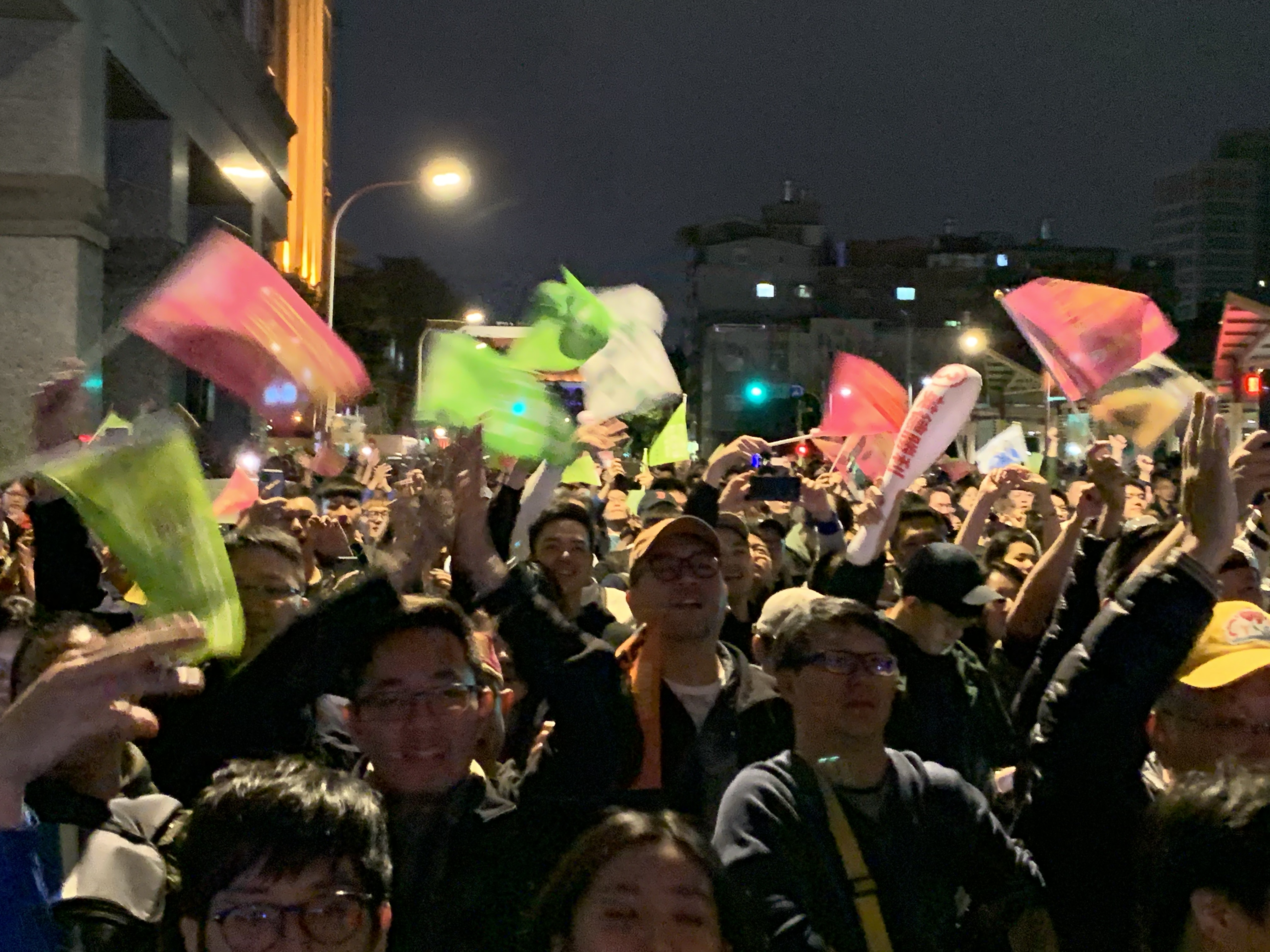
Yes, historic. It's historic because Tsai not only increased her tally (something previous incumbents have not done), but also netted a record number of total votes for any candidate in the history of Taiwanese elections. And historic because this is the first time the DPP has re-elected a majority in the legislature along with an incumbent presidential candidate.
But there is something else I hope the world will start saying:
We rebuked a global trend and showed a better way was possible. We rebuked Trump, Johnson, Duterte, Bolsonaro, Modi and more. We showed that these tactics don't necessarily work. #Taiwan - a country fighting for recognition - did that, and the world should take note. #Taiwan2020— Channa (@laorenchanna) January 11, 2020
Also, can we please stop calling it "Chinese democracy" or "Confucian/Chinese/whatever values and democracy can mix" (both tweets I've seen tonight) and realize that the results clearly show a desire for the world to see that Taiwan doesn't see itself as Chinese, Taiwanese voters feel an affinity for their unique, Taiwanese culture, and maybe it's time the world listened.
In fact, while China did play a role, can this result please put the world on notice that Taiwan wants to be taken seriously on its own terms, as Taiwan, and media reporting about Taiwan should respect that and stop framing it always, always, always in terms of China? Taiwan is its own thing - its own place with its own culture and history - and that merits respect.
Finally, this election shows that the various causes and pushes for progressive values in Asia - Taiwan independence, marriage equality, Hong Kong self-determination - are all intertwined. You can see that simply by observing the people present outside DPP headquarters tonight. This is why liberals around the world should take note of Taiwan, and support it as they do Hong Kong. It's a different angle of the same fight.
That's really all I wanted to say. I hope the international media picks up on this idea and frames it as "Taiwan shows a better way, Taiwan shows we can defeat populism, divisiveness and disinformation. Taiwan shows that Trump-like figures do not always win."
Who wants to write that story?
Anyway, here are some photos. I'm off to the Maldives tomorrow so that's all you get from me.
